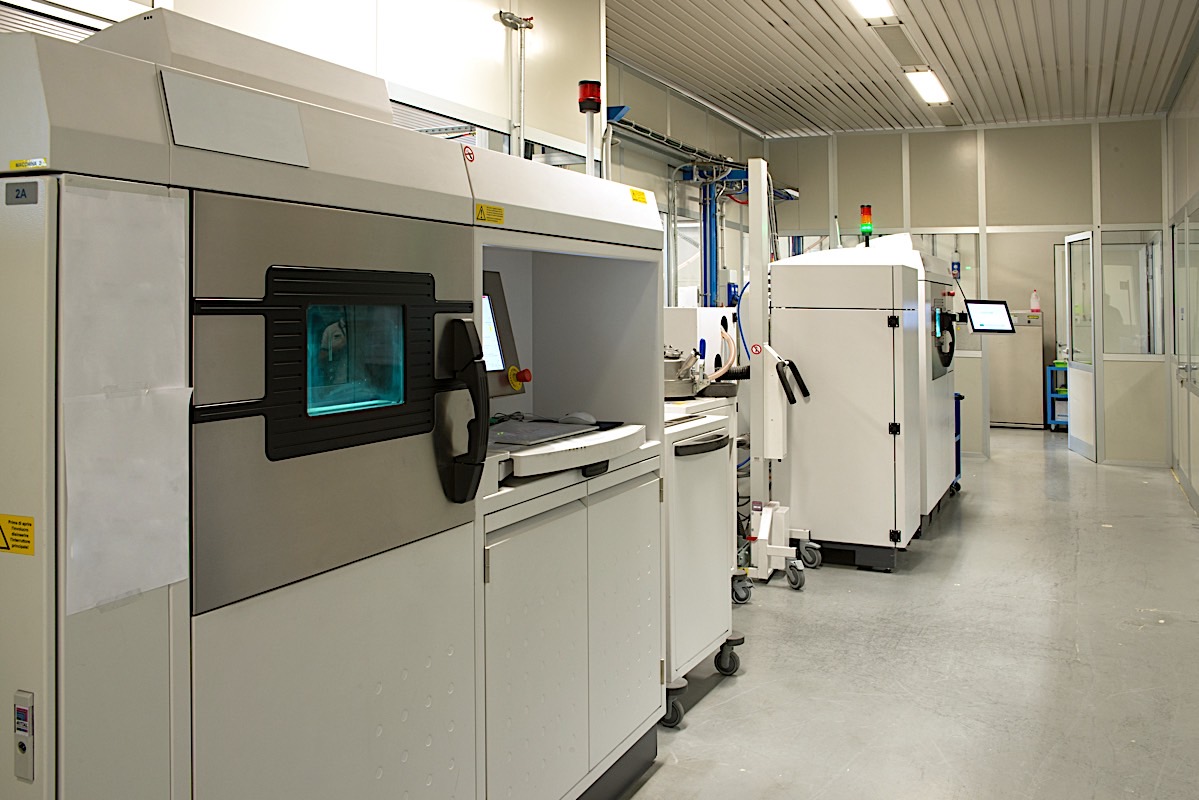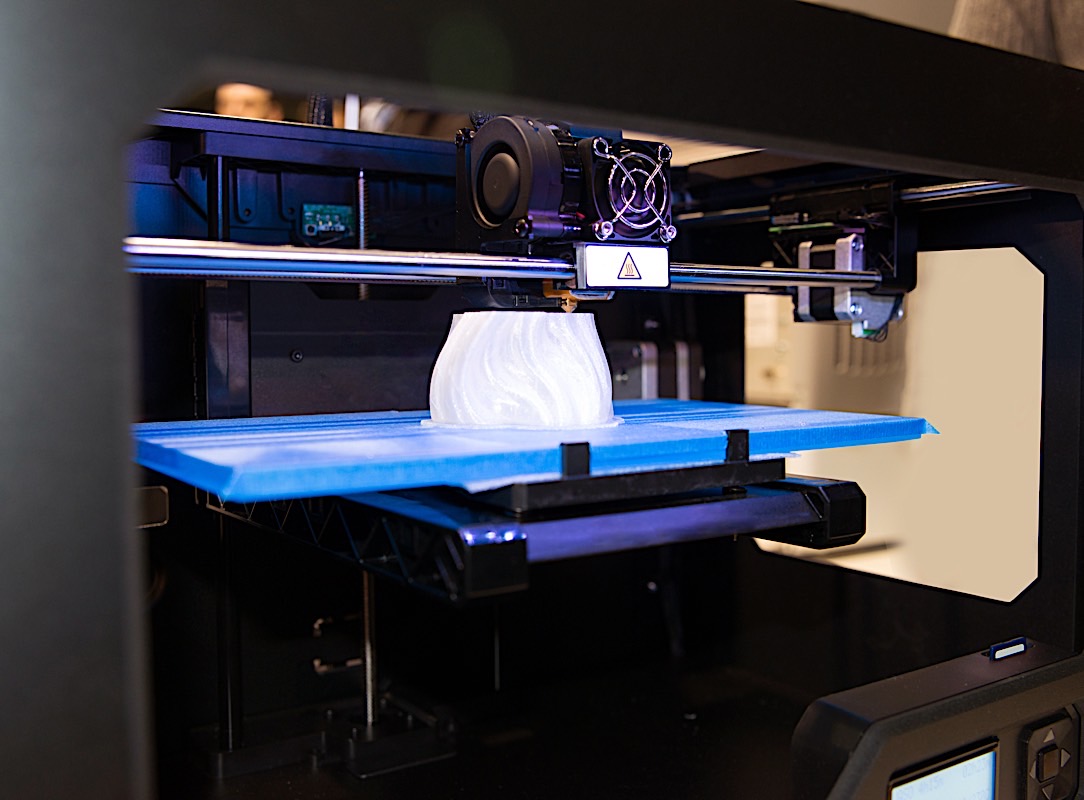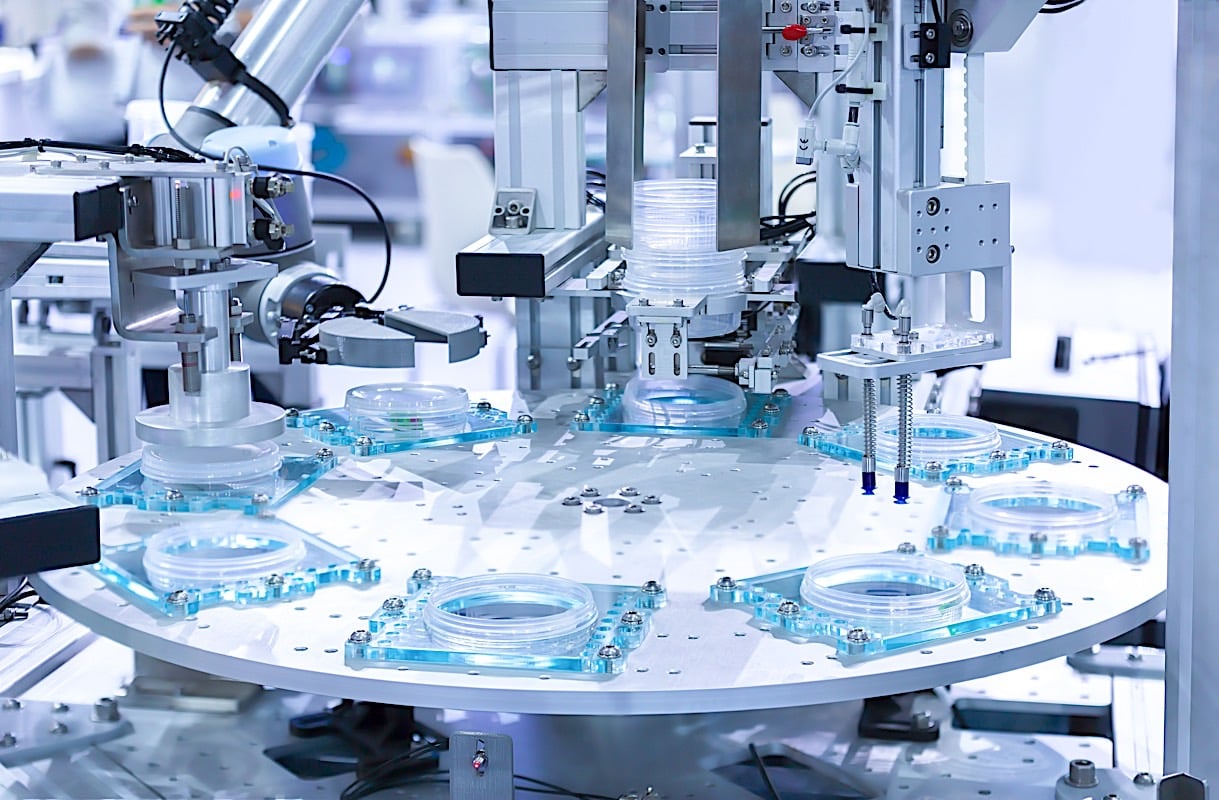Several technologies are poised to become mainstream in manufacturing in 2025. These innovations are no longer edgy breakthroughs — instead, they are increasing mainstream — growing on proven results in enhancing efficiency, reducing costs, and improving both supply chain and product quality. These engineered design enhancements are setting manufacturers for future success in a rapidly evolving market. Here are the top ten technologies mainstreaming in 2025.

1. Digital Twins
Digital Twin technology creates virtual replicas of physical assets, processes, or systems. These digital models can be used to simulate, analyze, and optimize real-world operations. In manufacturing, digital twins can help monitor equipment health, predict failures, and improve product development. A report by MarketsandMarkets forecasts that the digital twin market will grow from $3.8 billion in 2020 to $35.8 billion by 2025, driven by the need for enhanced operational efficiency.
2. Industrial Internet of Things (IIoT)
The Industrial Internet of Things (IIoT) involves connecting machinery, sensors, and devices to the internet, enabling real-time data collection and analysis. This connectivity allows manufacturers to monitor equipment performance, track production metrics, and optimize operations. By 2025, the IIoT market is projected to reach $110.6 billion, driven by the need for improved efficiency and reduced downtime. A study by PWC indicates that IIoT can lead to a 12% cost reduction in manufacturing processes.

3. Additive Manufacturing (3D Printing)
Additive Manufacturing, commonly known as 3D printing, is revolutionizing the way products are designed and produced. This technology enables the creation of complex and customized parts with minimal waste. By 2025, 3D printing is expected to become more widespread, with advancements in materials and printing speed driving its adoption. According to Deloitte, the global 3D printing market is anticipated to grow at a compound annual growth rate (CAGR) of 23.5%, reaching $37.2 billion by 2025.

4. Advanced Robotics
Robotics technology is advancing rapidly, with new generations of robots becoming more versatile, intelligent, and collaborative. These advanced robots can perform intricate tasks with high precision and consistency, enhancing productivity and reducing human error. Collaborative robots, or cobots, are designed to work alongside human operators, providing assistance and improving safety. The International Federation of Robotics predicts that by 2025, there will be over 2 million industrial robots in operation worldwide.

5. Augmented Reality (AR) and Virtual Reality (VR)
Augmented Reality (AR) and Virtual Reality (VR) are transforming workforce training and operational efficiency in manufacturing. AR can overlay digital information onto the physical world, aiding in tasks such as assembly, maintenance, and quality inspection. VR enables immersive training experiences, allowing workers to practice complex procedures in a virtual environment. A report by ABI Research estimates that the AR and VR market for manufacturing will reach $35 billion by 2025.
6. Blockchain Technology
Blockchain technology, known for its secure and transparent nature, is being increasingly adopted in manufacturing to enhance supply chain traceability and data security. Blockchain can create immutable records of transactions, ensuring the integrity of data and reducing the risk of fraud. This technology also facilitates better collaboration among stakeholders by providing a single source of truth. According to Gartner, blockchain’s value-add to the manufacturing sector is projected to exceed $30 billion by 2025.
7. Edge Computing
Edge computing involves processing data closer to the source, rather than relying on centralized cloud servers. This approach reduces latency, enhances data security, and improves real-time decision-making. In manufacturing, edge computing enables faster analysis of data from sensors and machines, leading to more efficient operations. Research by IDC suggests that by 2025, 75% of industrial enterprises will use edge computing to process data and improve performance.

8. Cybersecurity Innovations
With the increasing connectivity of manufacturing systems, cybersecurity has become a critical concern. New cybersecurity technologies are being developed to protect against cyber threats and ensure the integrity of data. These innovations include advanced encryption methods, intrusion detection systems, and AI-driven threat analysis. The global cybersecurity market for manufacturing is expected to reach $19 billion by 2025, according to a report by Grand View Research.
9. Sustainable Manufacturing Technologies
Sustainability is becoming a key focus in the manufacturing industry, with new technologies emerging to reduce environmental impact and promote resource efficiency. These technologies include energy-efficient production processes, waste reduction techniques, and the use of renewable materials. By 2025, sustainable manufacturing practices are expected to be widely adopted, driven by regulatory requirements and consumer demand for eco-friendly products. A study by the World Economic Forum highlights that sustainable manufacturing can reduce carbon emissions by up to 30%.

10. Artificial Intelligence and Machine Learning
Artificial Intelligence (AI) and Machine Learning (ML) are already making significant strides in manufacturing, and their impact is expected to grow exponentially by 2025. AI algorithms can analyze vast amounts of data to optimize production processes, predict maintenance needs, and improve quality control. Machine Learning models can enhance supply chain management by forecasting demand patterns and identifying potential disruptions. According to a report by McKinsey & Company, the adoption of AI in manufacturing could increase productivity by up to 20%.

With these transformative technologies, the future of manufacturing in 2025 looks promising, offering a glimpse into a world where efficiency, quality, and sustainability are seamlessly integrated into every aspect of production.
References
- IDC Research: Projected use of edge computing by 75% of industrial enterprises by 2025.
- Grand View Research: Global cybersecurity market for manufacturing expected to reach $19 billion by 2025.
- World Economic Forum: Study on sustainable manufacturing reducing carbon emissions by up to 30%.
- McKinsey & Company: Report on AI adoption in manufacturing potentially increasing productivity by up to 20%.
































